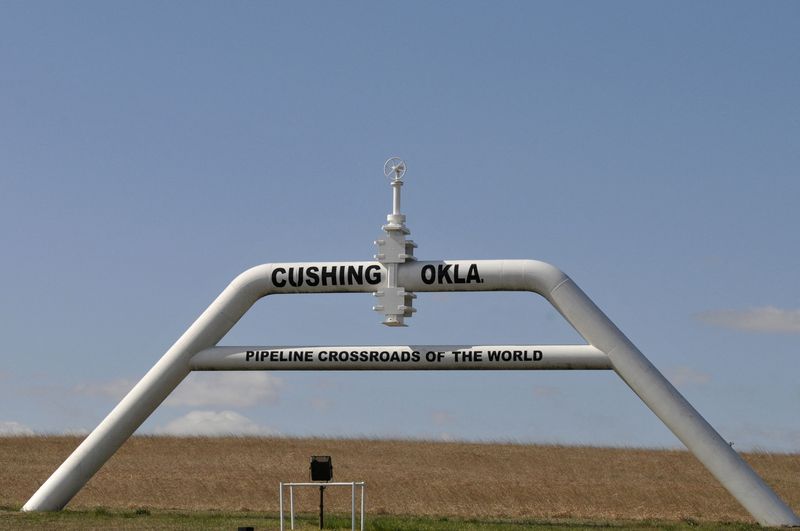Keystone oil spill may cause shortages and rise in oil prices
2022.12.09 12:08
[ad_1]

Keystone oil spill may cause shortages and rise in oil prices
Budrigannews.com – TC Energy was shut down by an oil spill (NYSE:) Analysts and traders predicted on Friday that the completion of the Keystone pipeline on Wednesday in the United States could reduce crude inventories at the primary storage hub of the nation as well as in the Midwest and Gulf Coast, which are the two primary refining regions.
Over 600,000 barrels of Canadian crude per day (bpd) travel via the Keystone line to various regions of the United States. It was closed late Wednesday subsequent to releasing in excess of 14,000 barrels of oil into a rivulet in Kansas, making it the biggest rough spill in the US in almost 10 years.
On the news, Canadian crude prices have already fallen. On Thursday, they were at a discount of approximately $33 per barrel to the benchmark West Texas Intermediate crude futures (WTI), which are currently trading at approximately $72 per barrel, up from approximately $27 on Wednesday.
More Total Energy will work in Russia despite sanctions
A previous Keystone spill had kept the pipeline shut for approximately two weeks, but TC Energy has yet to specify when it will restart it.
The line goes straight to the WTI storage hub and delivery point in Cushing, Oklahoma. At the moment, the line is about 31% full, and there are nearly 24 million barrels in stock. According to Wood Mackenzie, a data analytics company, closing the line for more than a week could reduce Cushing stocks by approximately 2.5 million barrels.
Depending on when the line is restarted, refineries in the United States Midwest may be more affected.
The spill in Kansas occurred downstream of a crucial junction in Nebraska’s Steele City, where the Keystone XL pipeline splits to enter Illinois. The other section affected by the spill will not return until regulators approve a restart, but that stretch of the line could be restarted.
Gulf Coast refiners, on the other hand, have access to a wider variety of crude sources, including offshore Louisiana facilities and nations like Colombia, Mexico, and Ecuador.
However, Cushing’s volumes to the Gulf have already decreased. Wood Mackenzie estimates that after the leak was discovered, volumes on TC Energy’s Marketlink pipeline, which runs from Cushing, Texas, to Nederland, Texas, decreased by approximately 300,000 bpd to less than 500,000 bpd.
As a result, the refineries on the Gulf Coast might run out of heavy barrels from Canada.








